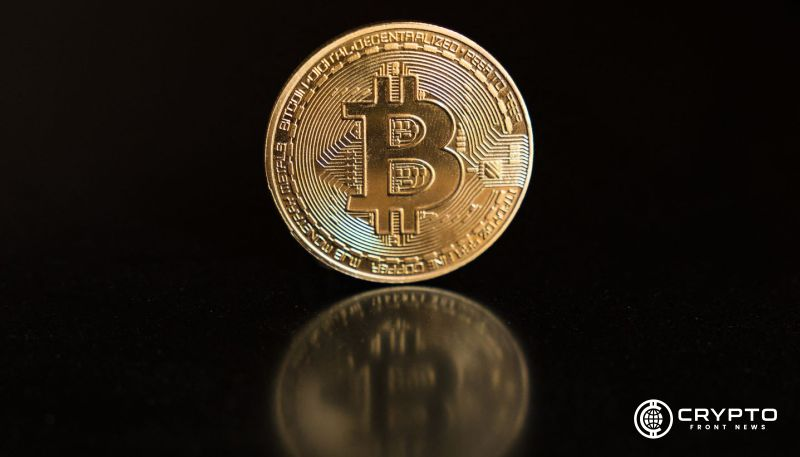MARA’s $2 Billion Stock Issuance: Strategic Transformation and Industry Signal
On March 28, 2025, US-listed Bitcoin mining firm Marathon Digital Holdings (MARA) announced a plan to issue $2 billion in stock, with the proceeds earmarked for directly purchasing Bitcoin and strengthening the company’s financial reserves. This move not only marks a strategic adjustment by mining companies in the wake of the Bitcoin halving but also sends an important signal to the cryptocurrency market.

From Mining to Capital Operations: MARA’s Strategic Transformation
The Bitcoin halving event (April 2024) resulted in a significant drop in mining revenues. In Q3 2024, MARA reported a net loss of $124 million and experienced a 13% year-on-year decline in Bitcoin production. Facing these challenges, MARA adopted a “stock-for-Bitcoin” model similar to that of MicroStrategy, raising funds through the capital markets to directly increase its Bitcoin holdings.
Key details of this issuance include:
Financing Mechanism
MARA employs an ATM (at-market pricing) equity issuance plan in collaboration with investment banks such as Barclays and BMO Capital Markets, with agent commission rates up to 3%.
Use of Funds
Over 80% of the proceeds will be used to purchase Bitcoin, with the remaining funds allocated for operational expenses and technology upgrades.
Historical Comparison
In December 2024, MARA issued $700 million in zero-coupon convertible bonds to purchase 6,484 Bitcoins (at an average price of $95,352). This equity financing is a continuation of the same strategy.
As of February 2025, MARA held 46,376 Bitcoins (valued at approximately $43.8 billion), making it the second-largest publicly listed Bitcoin holder after MicroStrategy.
Industry Background: Halving Pressure and the Capitalization Trend
After Bitcoin halving, mining companies face two major challenges: a sharp decline in revenue and rising costs. The block reward dropped from 6.25 BTC to 3.125 BTC, effectively halving mining income, while electricity and hardware maintenance costs increased from 40% to 60%, continuously compressing profit margins.
In this context, MARA’s transformation reflects key industry trends:
Capitalization as a Substitute for Mining
By issuing stocks or bonds to purchase Bitcoin directly, mining companies can bypass the high costs of traditional mining while capturing the long-term appreciation potential of Bitcoin.
Business Diversification
Some of the funds may be used to invest in AI computing power and high-performance computing (HPC), such as MARA’s recent announcement regarding the transformation of its Texas data center.
Market Impact and Potential Risks
Industry Ripple Effects:
-
Wave of Mining Company Transformations:If MARA’s model proves successful, other listed mining firms like Riot Blockchain and Hut 8 may follow suit, further institutionalizing Bitcoin holdings.
-
Enhanced Liquidity:Continued institutional buying may improve Bitcoin’s price stability and attract traditional funds. For instance, BlackRock recently included Bitcoin in its multi-asset allocation report.
Controversies and Risk Points:
-
Dilution Risk:Frequent stock issuances may dilute shareholder equity. In February 2025, MARA’s stock price lagged behind rising Bitcoin prices, which sparked investor dissatisfaction.
-
Market Volatility Dependence:If Bitcoin’s price were to fall significantly, MARA could enter a vicious cycle of “selling BTC → stock price decline → reduced financing capability.”
For ordinary investors, it is crucial to monitor Bitcoin price trends and MARA’s Bitcoin holdings. Real-time data and in-depth analysis can be obtained via platforms like JuCoin.
Future Outlook: Redefining the Role of Mining Companies
MARA’s strategic transformation suggests that mining companies may evolve from “providers of hash power” to “digital asset banks.” Key areas to watch include:
Technological Iteration
Improvements in ASIC chip efficiency may reduce mining costs, although they might not immediately offset the effects of halving.
Policy Battles
MARA has called on the US government to establish a Bitcoin strategic reserve. Should such policies be implemented, the value of its holdings could increase significantly.
Compliance Processes
The SEC’s regulatory stance on mining company financing could affect industry financing channels.




